News
-
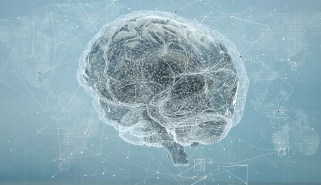 Neuroscience
NeuroscienceAn AI can decode speech from brain activity with surprising accuracy
Developed by Facebook’s parent company, Meta, the AI could eventually be used to help people who can’t communicate through speech, typing or gestures.
-
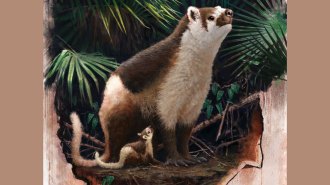 Paleontology
PaleontologyLiving fast may have helped mammals like ‘ManBearPig’ dominate
Staying in the womb for a while but being born ready to rock may have helped post-dinosaur mammals take over the planet.
-
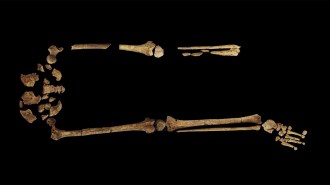 Anthropology
AnthropologyThe oldest known surgical amputation occurred 31,000 years ago
A young adult on the island of Borneo survived a lower left leg removal thanks to medically savvy rainforest surgeons.
By Bruce Bower -
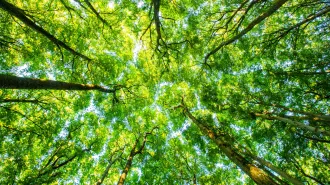 Plants
PlantsThe worldwide water-lifting power of plants is enormous
The energy used per year by the world’s plants to lift sap rivals the amount of energy generated by all hydroelectric dams, a new study suggests.
By Sid Perkins -
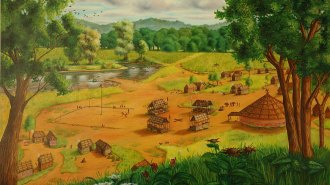 Archaeology
ArchaeologyIndigenous Americans ruled democratically long before the U.S. did
Oklahoma’s Muscogee people, among others, promoted rule by the people long before the U.S. Constitution was written.
By Bruce Bower -
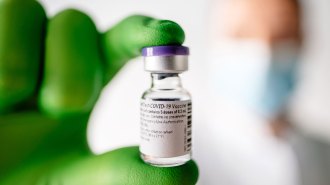 Health & Medicine
Health & MedicineWhat you need to know about the new omicron booster shots
With approval of omicron booster shots, COVID-19 vaccine approval and dosing guidance is moving closer to the way flu shots are handled.
-
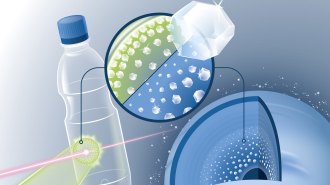 Physics
PhysicsZapping plastic with a laser forged tiny diamonds
The technique could be used to manufacture nanodiamonds for use in quantum devices and other applications.
-
 Earth
EarthIn 2021, a deadly volcano erupted with no warning. Here’s why
Before the Nyiragongo eruption, underground magma was already close to the surface and so didn’t trigger instruments that look for lava movement.
-
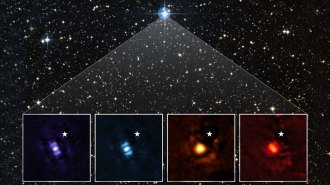 Astronomy
AstronomyHere’s the James Webb telescope’s first direct image of an exoplanet
Along with spying its first exoplanet, the James Webb telescope got its first direct spectrum of an object orbiting a star in another solar system.
-
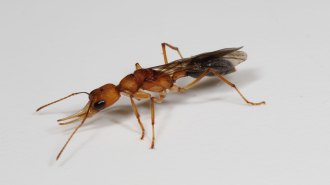 Animals
AnimalsA clever molecular trick extends the lives of these ant queens
Ant queens typically live much longer than their workers by blocking a key part of a molecular pathway implicated in aging, a new study suggests.
-
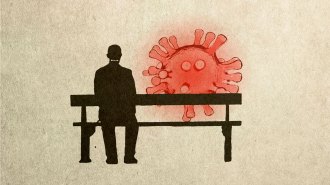 Health & Medicine
Health & MedicineWho has the highest risk of long COVID? It’s complicated
Long COVID can look different for different people, making it difficult to pinpoint the risk factors behind it.
-
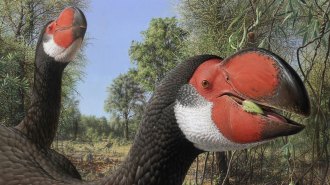 Life
LifeAncient ‘demon ducks’ may have been undone by their slow growth
Mihirung birds grew to more than half a ton and took their time getting there. That slow growth may have been a vulnerability when humans got to Australia.
By Jake Buehler